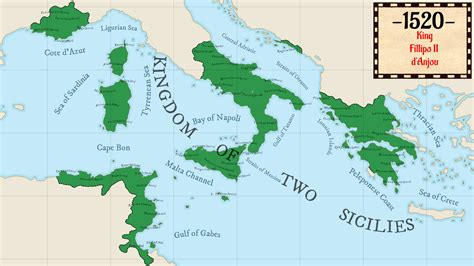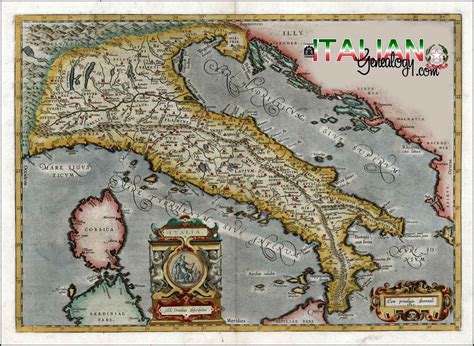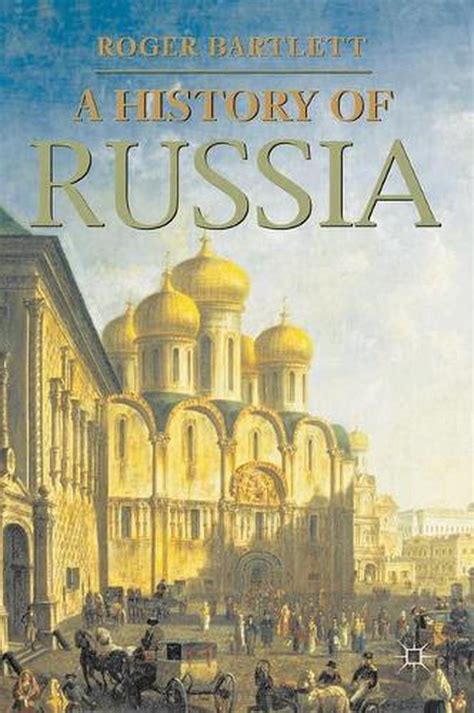Explore the rich history of Malawi from pre-colonial times to modern trends. Learn about colonization, independence struggle, and post-independence developments in politics, economy, and society.
Pre-Colonial Malawian Civilization
Contents
Pre-Colonial Malawian Civilization refers to the rich and diverse cultures and societies that existed in the region before the arrival of European colonizers. The history of Malawi is characterized by a variety of ethnic groups, each with its own unique traditions, customs, and social structures. These diverse cultures contributed to the development of a complex and sophisticated society, with established systems of governance, trade, and agriculture.
One of the most notable aspects of Pre-Colonial Malawian Civilization is the emergence of powerful kingdoms and chiefdoms, such as the Maravi Kingdom and the Chewa and Yao chiefdoms. These kingdoms were often ruled by powerful leaders who wielded significant political and military influence over the region. The people of these kingdoms engaged in a wide range of economic activities, including farming, hunting, and trading, which sustained their societies and facilitated the development of complex social and political structures.
The Pre-Colonial period in Malawi was also marked by the presence of vibrant and diverse artistic and cultural expressions. The people of Malawi produced intricate pottery, carvings, and textiles, each reflecting the unique traditions and beliefs of their respective communities. These creative expressions served as important forms of communication and identity, as well as a means of preserving and transmitting cultural knowledge and heritage from one generation to the next.
Additionally, the spiritual and religious beliefs of Pre-Colonial Malawian societies played a significant role in shaping their daily lives and social interactions. People of the region practiced a variety of spiritual traditions, including animism, ancestor worship, and the veneration of spirits and deities. These beliefs and practices were deeply intertwined with every aspect of their lives, providing a source of guidance, meaning, and community cohesion.
Impact of European Colonization
European colonization had a profound impact on the history and development of Malawi. Before the arrival of European powers, Malawi was made up of various indigenous kingdoms and chiefdoms, each with their own distinct cultures, traditions, and political systems. However, the arrival of European colonizers, primarily the British, brought significant changes to the region.
One of the most significant impacts of European colonization was the introduction of new political and social structures. The British imposed their own administrative systems and laws, which led to the consolidation of power in the hands of colonial authorities. This resulted in the erosion of traditional governance systems and the marginalization of indigenous leaders and institutions.
Furthermore, European colonization also had a profound impact on the economic landscape of Malawi. The colonizers exploited the region’s natural resources, including land and minerals, for their own economic gain. This led to the dislocation of indigenous communities, as well as the displacement of their traditional economic activities. Additionally, the introduction of cash crops such as tobacco and tea, which were cultivated for export, further transformed the economic dynamics of the region.
Moreover, European colonization also had a lasting impact on the social and cultural fabric of Malawi. The imposition of colonial education and religion led to the spread of Western values and norms, which in turn led to the erosion of indigenous belief systems and cultural practices. This resulted in significant social upheaval and the loss of traditional knowledge and practices.
In conclusion, European colonization had a far-reaching impact on the history and development of Malawi. It fundamentally transformed the political, economic, social, and cultural landscape of the region, leaving a lasting legacy that continues to shape Malawi’s present-day realities.
Malawi’s Struggle for Independence
Malawi’s Struggle for Independence from British colonial rule was a significant milestone in the country’s history. The struggle for independence began in the 1950s, as Malawians sought to assert their right to self-governance and freedom from oppressive colonial rule.
During this period, Malawi experienced a growing sense of nationalism and a push for political autonomy. The Nyasaland African Congress, led by Dr. Hastings Banda, played a crucial role in advocating for independence and mobilizing the masses to resist colonial rule.
The impact of European colonization was deeply felt in Malawi, as the British implemented oppressive policies and exploited the country’s resources for their own gain. This fueled the desire for independence and led to widespread protests and resistance against colonial rule.
The struggle for independence culminated in 1964, when Malawi finally gained freedom from British colonial rule and became an independent nation. This marked a monumental victory for the people of Malawi, who had fought tirelessly for their right to self-determination.
Post-Independence Political Developments
After gaining independence from British colonial rule in 1964, Malawi experienced a series of political developments that shaped the country’s governance and leadership. The first President of Malawi, Hastings Banda, established a one-party state under the Malawi Congress Party (MCP) and maintained a dictatorial rule for nearly three decades. Banda’s regime was characterized by authoritarianism, human rights abuses, and suppression of political opposition.
However, in the early 1990s, Malawi underwent a significant political transition with the rise of a pro-democracy movement. This led to the introduction of a multi-party system and the adoption of a new constitution in 1994, which brought an end to MCP’s monopoly on political power. The country held its first democratic elections, resulting in the victory of the United Democratic Front (UDF) and the election of Bakili Muluzi as the new President.
Subsequent political developments in Malawi have been marked by a more pluralistic and competitive political landscape, with the alternation of power between different political parties. However, the country has also faced challenges such as political corruption, electoral fraud, and the concentration of power within the ruling elite, leading to tensions and protests among the population.
Over the years, Malawi’s political scene has witnessed the emergence of various political movements, including the Malawi Congress Party (MCP), Democratic Progressive Party (DPP), and the Malawi Congress Party (MCP), highlighting the diversity of political ideologies and agendas within the country. The dynamics of post-independence political developments continue to shape Malawi’s governance and leadership, reflecting the country’s ongoing efforts to consolidate democracy and address socio-political issues.
Modern Economic and Social Trends
In the present day, Malawi has been experiencing significant changes in its economic and social trends. With the globalization of markets and the advancement of technology, the country’s economy has been gradually diversifying from its traditional reliance on agriculture. The emergence of new industries and sectors such as tourism, manufacturing, and services has led to the creation of job opportunities and a shift towards a more urbanized society.
Moreover, the government has been implementing policies aimed at improving the country’s infrastructure and attracting foreign investment. This has resulted in the development of new transportation networks, modernization of energy and communication systems, and the establishment of special economic zones. These initiatives have not only contributed to economic growth but have also impacted the social dynamics of Malawi, leading to increased urbanization, improved access to education and healthcare, and a rising middle class.
However, despite these positive changes, Malawi still faces challenges in achieving sustainable economic development and addressing social inequalities. The gap between urban and rural areas remains significant, with disparities in access to basic services and employment opportunities. Additionally, the country continues to grapple with issues such as poverty, gender inequality, and environmental sustainability.
In response to these challenges, various civil society organizations and international partners have been collaborating with the government to promote inclusive and equitable development. Efforts are being made to support small-scale farmers, empower women, and promote environmental conservation. Furthermore, initiatives to strengthen the education and healthcare systems are underway to ensure that all Malawians have access to essential services and opportunities for personal and professional advancement.











